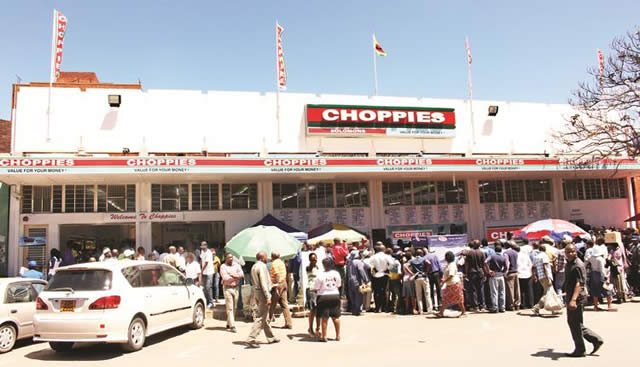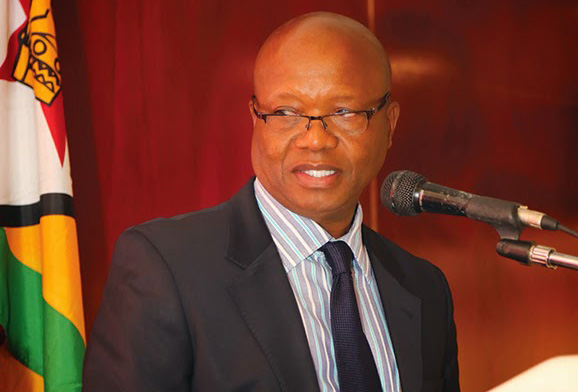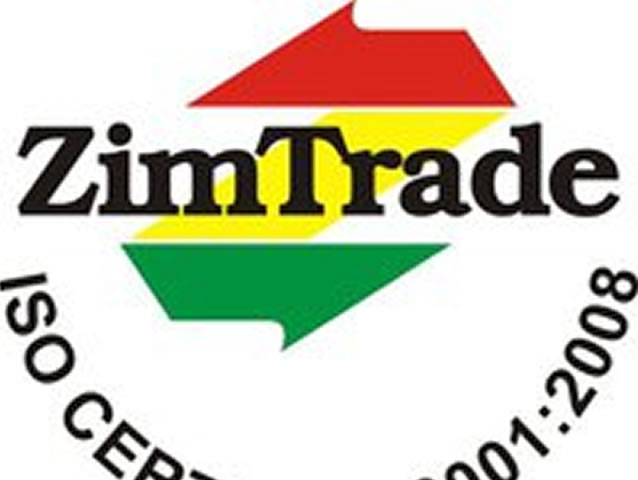Economic pressures weigh on Choppies profits

 CHOPPIES Enterprises’ performance for the six months ended December 31, 2015 was a mixed bag, with a revenue growth which did not translate into huge profits. Start-up costs, aggressive pricing and promotions strategy in new stores ate into profitability of the giant retailer. The group’s revenue grew by 17 percent to P3.5 billion from P3 billion achieved in the same period the previous year.
CHOPPIES Enterprises’ performance for the six months ended December 31, 2015 was a mixed bag, with a revenue growth which did not translate into huge profits. Start-up costs, aggressive pricing and promotions strategy in new stores ate into profitability of the giant retailer. The group’s revenue grew by 17 percent to P3.5 billion from P3 billion achieved in the same period the previous year.
Gross profit was up by 11 percent to P714 million compared to P644 million while earnings before interest, taxes, depreciation, and amortisation (EBITDA) were up by five percent to P216 million.
Choppies chief executive officer, Ramachandran Ottapathu said on Thursday that the sharp devaluation of the rand continued in the current financial year, putting pressure on pula-based sales prices.
“However, profitability continued to improve from the scale benefits of our mature infrastructure. We expect this process to continue going forward,” he said.
Botswana contributed 64 percent to the group revenues. Ottapathu said the presence of Choppies in the home market expanded through the addition of a 79th store, which started operations at Gabane on March 4, 2016.
A further two stores are expected to open before the end of the current financial year.
According to Ottapathu, trading conditions in the region were very challenging, especially in South African mining towns.
He said rising power costs also negatively impacted profitability.
He noted that collectively these factors resulted in Choppies falling behind its profitability forecasts. He also said downward shifts in consumption patterns negatively impacted gross profit margins in all of the group’s markets, including South Africa.
“We opened four new stores during the half-year taking total stores to 40. Choppies’ plans to achieve significant scale in South Africa has been greatly enhanced by the acquisition of 21 Jwayelani stores in KwaZulu-Natal and Eastern Cape Province,” Ottapathu said.
He added that these stores, which are operating under the “Jwayelani” brand, generated revenues of over R1 billion in the year to August 2015 with a gross profit margin of 20.37 percent and profit before tax margin of 2.84 percent for that period.
The unaudited management accounts show Jwayelani’s gross profit grew by 8.93 percent in the same period. The CEO said this acquisition creates a platform for profitable growth in the South African operations.
In Zimbabwe, Ottapathu said the country achieved revenue growth of 49 percent over the first six months of the previous financial year.
He stated that profitability was negatively impacted by an aggressive pricing and promotions strategy in new stores, and start-up costs for the eight new stores opened during the period.
He said macro-economic pressures in Zimbabwe continue to affect the spending power of consumers, as well as deflationary trends that have continued due to the strength of the US dollar.
The group’s operations in Zambia commenced in November 2015 with 1,192 square metre store at Tafika Commercial Complex, Kanyama, Lusaka and a distribution centre at Makeni, Lusaka. A further 10 stores are planned this year.
“A deal has been concluded in Kenya whereby 10 existing stores will be taken over during the next few months. This operation commenced on February 13, 2016 with the takeover of the first store at Kisumu and, to date, a further three stores have been taken over.
“The entire process is expected to be completed by end of March 2016,” Ottapathu said. – Mmegi











Comments